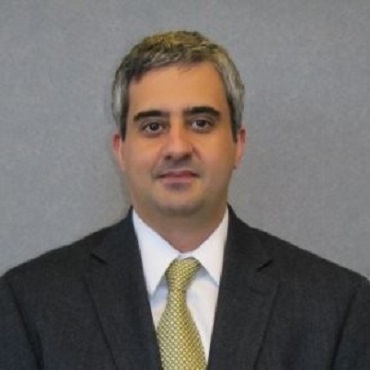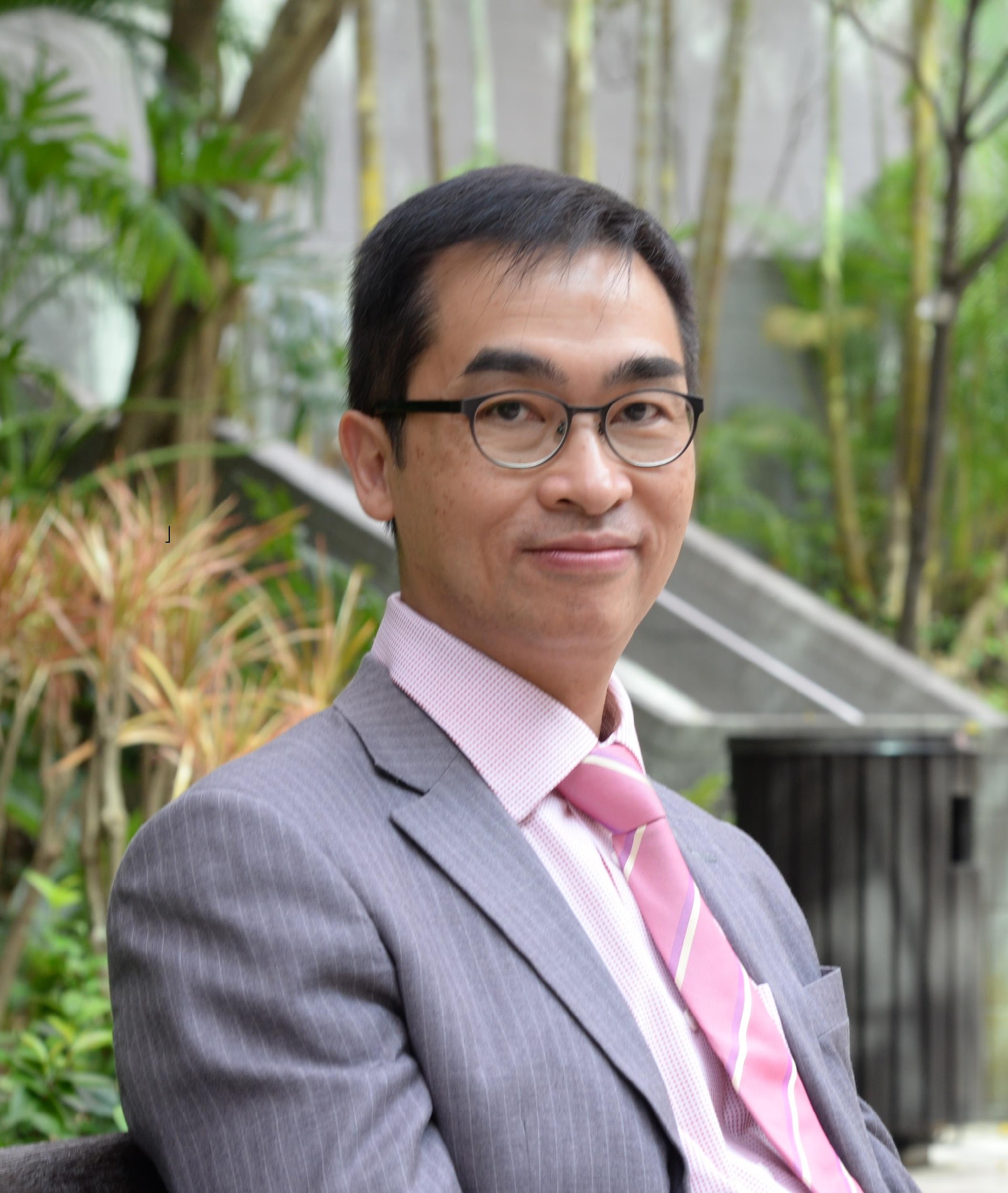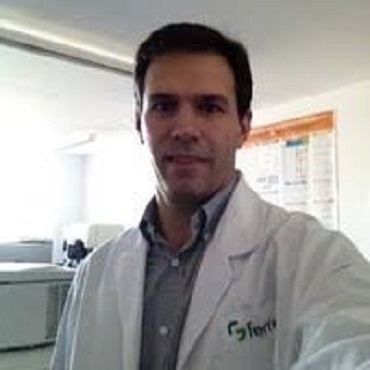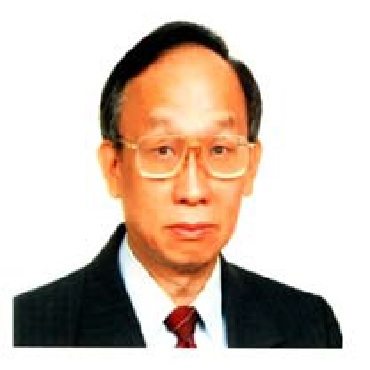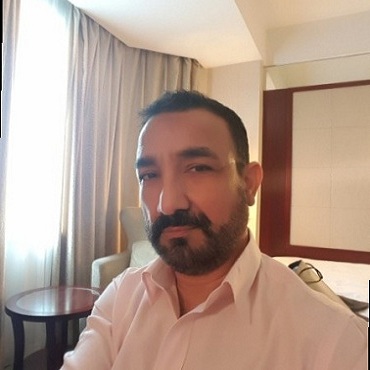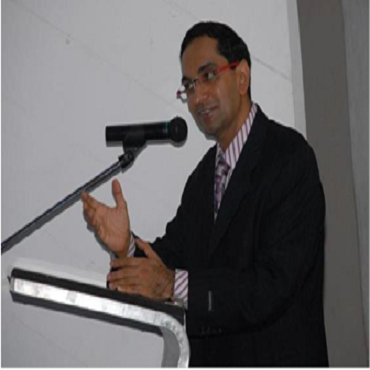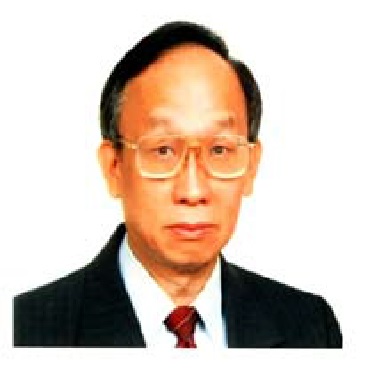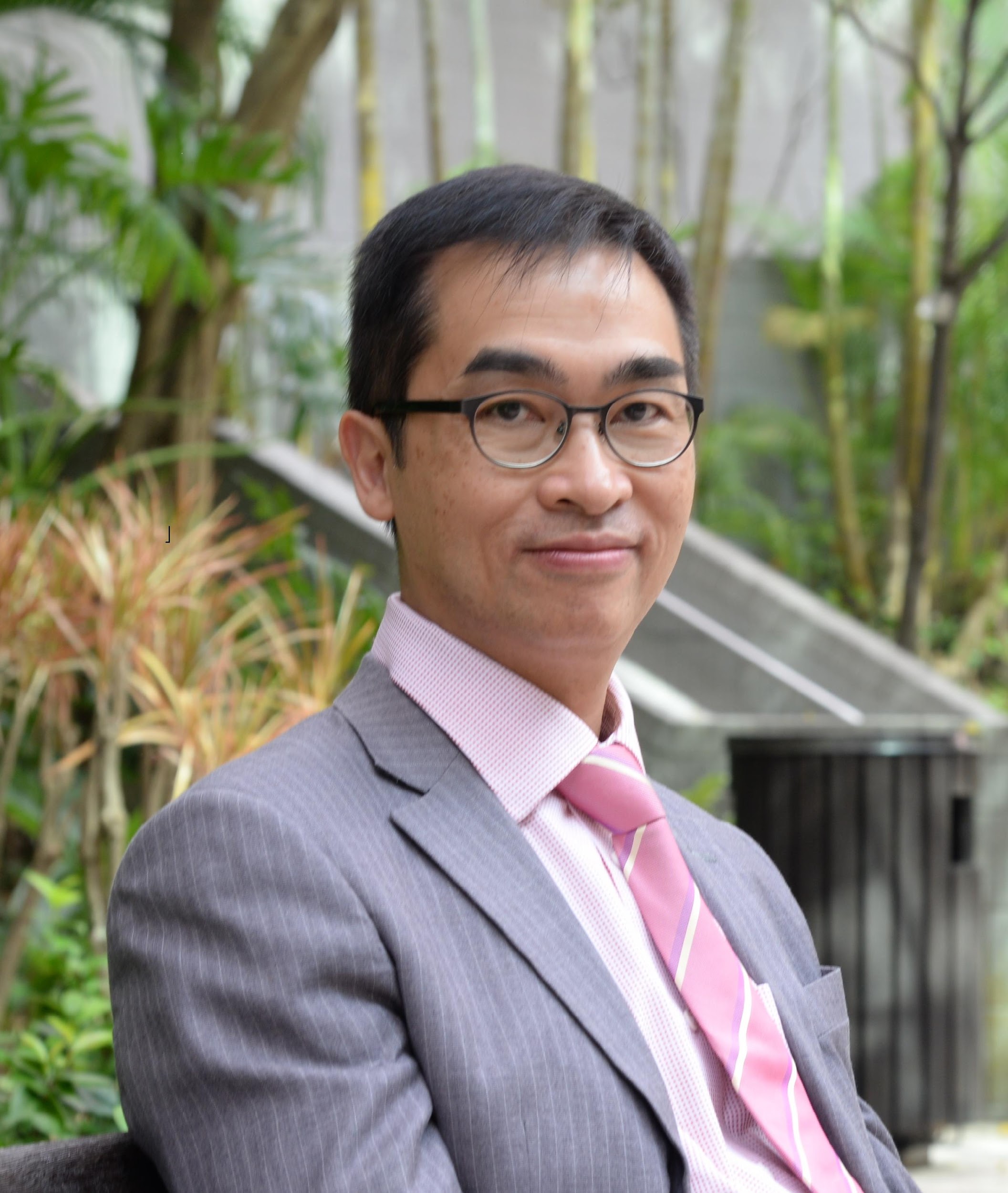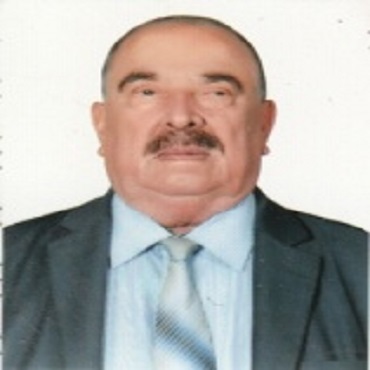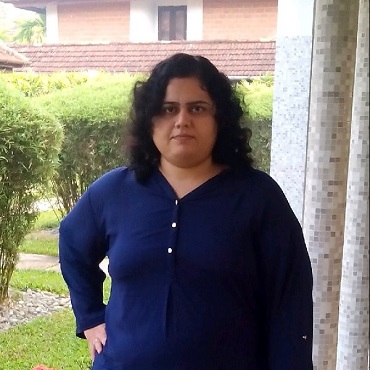
Pharmacovigilance 2019
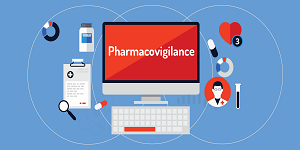
Theme: CURRENT CHALLENGES AND INNOVATIONS IN PHARMACOVIGLANCE
It is our great pleasure to welcome you to the “17th International Conference on Pharmacovigilance” which is going to be held on October 23-24, 2019 at Osaka, Japan. Pharmacovigilance conference gathers renowned scientists, physicians, surgeons, young researchers, Professor, industrial delegates and talented student communities in the field of cosmetology & dermatology under a single roof where networking and global partnering happens for the acceleration of future research.
Scientific sessions
Track 1: Pharmacovigilance Significance & Scope
Pharmacovigilance, as defined by the World Health Organization, comprises the science and activities relating to the detection, assessment, understanding, and prevention of adverse effects and other drug-related problems. The aim of pharmacovigilance processes is to collect information about various broad aspects of medicinal product safety. These aspects are listed in the guidance document on good pharmacovigilance practices of the Food and Drug Administration (FDA). Global pharmacovigilance market was valued USD 2.5 billion in 2014. The revenue of this market is projected to increase at CAGR of 13% during the forecast period. North America is the leading market for pharmacovigilance market globally with largest market 2014.
Related Conference: 12th Pharmacovigilance Conference, 30th January 2019, London; 5th Annual International Conference and Exhibition on Pharmacovigilance, Regulatory Affairs, Risk Management and Clinical Trails, 22-23 May 2019 London, UK; 5th Pharmacovigilance Conference 12-13 Feb 2019, London, UK; International Conference on Pharmacovigilance and Drug Safety, 14-15 May, 2019 Amsterdam, The Netherlands; 15th Pharmacovigilance Conference 21st-22nd February 2018, London, UK
Track 2: Clinical Pharmacy and its Role in Treatment
Clinical pharmacy is a branch of pharmacy that involves the provision of patient care with the use of medications to optimize the health outcomes of patients. This includes promoting wellness and preventing disease. The practice of clinical pharmacy embraces pharmaceutical care philosophy. Clinical pharmacists are the experts in the therapeutic use of medicines in the healthcare team. Over the past four decades, the role of the pharmacist has evolved from an individual who was primarily responsible for safely and accurately distributing a medication product to a patient, to an individual who works side-by-side with physicians, nurses, and other healthcare professionals in sophisticated, highly specialized practice settings to assure appropriate medication therapy management.
Related Conference: International Conference on Pharmacovigilance October 24-26, 2019 Spain; 2nd World Congress on Drug Safety and Pharmacovigilance, July 03-04, 2019, Dubai, UAE; 12th International Conference and Exhibition on Pharmacovigilance & Drug Safety, July 04-05, 2019, Valencia, Spain; 13th World Drug Delivery Summit, 22 –23 February, 2019, San Francisco, California; International Conference on PharmScience Research and Development, 4 –6 March, 2019 Paris, France; American Pharmacy Association Annual Meeting & Exposition, 22 –25 March, 2019, Seattle, Washington.
Track 3: Pre-Clinical and Clinical Trials
Clinical research is medical research involving people. There are two types, clinical studies and clinical trials. Clinical trials are research studies performed in people that are aimed at evaluating a medical, surgical, or behavioral intervention. They are the primary way that researchers find out if a new treatment, like a new drug or diet or medical device (for example, a pacemaker) is safe and effective in people. Often a clinical trial is used to learn if a new treatment is more effective and/or has less harmful side effects than the standard treatment. Pre-clinical trials are performed to GLP and covers pivotal toxicology & safety pharmacology studies. This phase continues once clinical trials have commenced to establish the long term safety of new chemical entities.
Related Conference: 4th International Conference on Pharmacy and Pharmaceutical Science (ICPPS 2019) ,28 –30 March, 2019, Tokyo, Japan; 10th World Congress on Bioavailability & Bioequivalence,8 –10 April, 2019, Abu Dhabi, UAE; NEXT Pharma Summit, 6 –7 May, 2019, Dubrovnik, Croatia; Pharmaceutical Research and Innovations in Pharma Industry, 30 –31 May, 2019, Orlando, Florida; 18th Annual Congress on Pharmaceutics and Drug Delivery Systems, 27 –28 June, 2019, Amsterdam, Netherlands; 2nd International Pharmaceutical Conference and Expo, June 05-07, 2019, USA.
Track 4: Clinical drug toxicity and biomarkers
Pharmacology intersects with toxicology when the physiological response to a drug is an adverse effect. A poison is any substance, including any drug that has the capacity to harm a living organism. Poisoning generally implies that damaging physiological effects result from exposure to pharmaceuticals, illicit drugs, or chemicals. Drug Toxicity is any Noxious and unintended response to the medicinal product if a medicine is properly prescribed and administered. Drug Toxicity is also called adverse drug reaction (ADR).
Biomarkers: A defined characteristic that is measured as an indicator of normal biological processes, pathogenic processes, or responses to an exposure or intervention, including therapeutic interventions. Biomarkers can be classified based on different parameters, including their characteristics, such as imaging biomarkers (computed tomography, positron emission tomography, and magnetic resonance imaging) or molecular biomarkers.
Related Conference: 79th FIP World Congress of Pharmacy and Pharmaceutical Sciences, 22 - 26 September 2019 Abu Dhabi, United Arab Emirates; Advances in Medicinal and Pharmaceutical Chemistry, 14th - 16th October 2019 Rome, Italy; Formulations and Drug Delivery Forum, 18th - 19th October 2019, Paris; Annual Pharmacology and Toxicology Meet, 28th - 29th October 2019 , Tokyo, Japan; 21st Euro Global Summit on Toxicology and Applied Pharmacology, 4th - 5th July 2019, spain.
Track 5: Pharmacovigilance for herbal medicines
Herbal medicine has been known to be effective in the treatment of various ailments since the beginning of human civilization. Ayurveda is a form of herbal therapy originated in India. Plants, their parts, metabolites and preparations are proven to have enormous therapeutic properties. The importance of herbal remedies in pharmacovigilance systems is becoming one of the primary tasks, due to the constantly ascending potential of herbal products and herbal medicines worldwide. Nowadays, the drug development is focused on finding new active compounds or combinations, but costs are simultaneously growing, which makes herbal medicines an attractive, harmless and cheaper alternative to synthetic drugs. Like all drugs, herbal are not free of risk and many studies suggest for potential adverse reactions and interactions. Available statistics show that some herbal products, used in traditional medication for generations, may possess carcinogenic, hepatotoxic, cardiotoxic and other severe actions.
Related Conference: 9th World Congress on Rare Diseases and Orphan Drugs, 17th - 18th June 2019, Berlin, Germany; Pharmaceutical Conferences, 30th - 31st May 2019, Norway; 3rd World Drug Delivery and Formulations Summit, 15th - 16th April 2019, Las Vegas, USA ; 4th Annual Congress on Nanomedicine and Drug Delivery, 4th - 6th April 2019, Auckland, New Zealand; 4th International Conference on Pharmacy and Pharmaceutical Science , March 28-30, 2019 , Tokyo, Japan.
Track 6: Pharmacoepidemiology
Pharmacoepidemiology is the study of the use of and the effects of drugs in large numbers of people. The term pharmacoepidemiology obviously contains two components: "pharmaco" and "epidemiology." In order to better appreciate and understand what is and what is not included in this field, it is useful to compare its scope to that of other related fields. The scope of pharmacoepidemiology will first be compared to that of clinical pharmacology, and then to that of epidemiology.
Related Conference: 12th Pharmacovigilance Conference, 30th January 2019, London; 5th Annual International Conference and Exhibition on Pharmacovigilance, Regulatory Affairs, Risk Management and Clinical Trails, 22-23 May 2019 London, UK; 5th Pharmacovigilance Conference 12-13 Feb 2019, London, UK; International Conference on Pharmacovigilance and Drug Safety, 14-15 May, 2019 Amsterdam, The Netherlands; 15th Pharmacovigilance Conference 21st-22nd February 2018, London, UK
Track 7: Serotonin pharmacology
Serotonin (5-hydroxytryptamine) is an important biogenic amine that fulfills the role of neurotransmitter and neuromodulator. It has been a focus of interest during the last decade. Its diversity of pharmacologic actions is related to a wide variety of receptors and effector mechanisms. Seven serotonin receptor families have been identified thus far. They are genetically different transmembrane proteins composed of several hundred amino acids. Awareness of the serotonergic drugs and the recognition of possible drug interactions among drugs that influence serotonergic mechanisms in humans are becoming increasingly important in the practice of anesthesiology.
Related Conference: International Conference on Pharmacovigilance October 24-26, 2019 Spain; 2nd World Congress on Drug Safety and Pharmacovigilance, July 03-04, 2019, Dubai, UAE; 12th International Conference and Exhibition on Pharmacovigilance & Drug Safety, July 04-05, 2019, Valencia, Spain; 13th World Drug Delivery Summit, 22 –23 February, 2019, San Francisco, California; International Conference on PharmScience Research and Development, 4 –6 March, 2019 Paris, France; American Pharmacy Association Annual Meeting & Exposition, 22 –25 March, 2019, Seattle, Washington.
Track 8: Pharmacogenetics and pharmacogenomics
Pharmacogenetics is the study of genetic differences in drug metabolic pathways that can influence individual responses to drugs, as well as side effects. Research in pharmacogenetics is currently developing in two main directions: firstly, identifying specific genes and gene products associated with various diseases, which may act as targets for new drugs, and, secondly, identifying genes and allelic variants of genes that affect our response to current drugs.
Pharmacogenomics studies how medicine interacts with inherited genes. This includes how inherited genes affect the way medications work for each person. Genetic differences mean that a drug can be safe for 1 person but harmful for another. One person may experience severe side effects from it. Another may not, even when given a similar dose.
Related Conference: 4th International Conference on Pharmacy and Pharmaceutical Science (ICPPS 2019) ,28 –30 March, 2019, Tokyo, Japan; 10th World Congress on Bioavailability & Bioequivalence,8 –10 April, 2019, Abu Dhabi, UAE; NEXT Pharma Summit, 6 –7 May, 2019, Dubrovnik, Croatia; Pharmaceutical Research and Innovations in Pharma Industry, 30 –31 May, 2019, Orlando, Florida; 18th Annual Congress on Pharmaceutics and Drug Delivery Systems, 27 –28 June, 2019, Amsterdam, Netherlands; 2nd International Pharmaceutical Conference and Expo, June 05-07, 2019, USA.
Track 9: Nano Pharmaceuticals
Nanopharmaceuticals are colloidal particles of 10 to 1,000 nanometers (1 micron) in size. They are widely used in drug delivery. Nanopharmaceuticals are diverse both in their shape and composition and often offer an advantage as compared to their “bulk” counterparts primarily because of size. As a result, the properties of nanomaterials are fundamentally different from those of their macroscopic/ bulk analogs due to an increased surface area and quantum effects. As a particle’s size decreases, a greater proportion of its atoms are located on the surface relative to its core, often rendering the particle more reactive and more soluble in water.
Related Conference: 9th World Congress on Rare Diseases and Orphan Drugs, 17th - 18th June 2019, Berlin, Germany; Pharmaceutical Conferences, 30th - 31st May 2019, Norway; 3rd World Drug Delivery and Formulations Summit, 15th - 16th April 2019, Las Vegas, USA ; 4th Annual Congress on Nanomedicine and Drug Delivery, 4th - 6th April 2019, Auckland, New Zealand; 4th International Conference on Pharmacy and Pharmaceutical Science , March 28-30, 2019 , Tokyo, Japan.
Track 10: Nursing Pharmacology
Pharmacology for Nursing introduces the science of pharmacology and considers the role of the registered nurse in the preparation, management and administration of medications. Nursing Pharmacology is the investigation of how rules for medical attendants as to the substances that interfaces with living life forms to create an adjustment in capacity. It manages the examination, revelation, and portrayal of synthetic concoctions which indicate natural impacts and the enlightenment of cell and creature work in connection to these synthetic compounds. In the event that substances have therapeutic properties, they are viewed as pharmaceuticals. It includes instruments of medication activity, sedate structure and properties, associations, toxicology, treatments, restorative applications, and antipathogenic capacities.
Related Conference: 79th FIP World Congress of Pharmacy and Pharmaceutical Sciences, 22 - 26 September 2019 Abu Dhabi, United Arab Emirates; Advances in Medicinal and Pharmaceutical Chemistry, 14th - 16th October 2019 Rome, Italy; Formulations and Drug Delivery Forum, 18th - 19th October 2019, Paris; Annual Pharmacology and Toxicology Meet, 28th - 29th October 2019 , Tokyo, Japan; 21st Euro Global Summit on Toxicology and Applied Pharmacology, 4th - 5th July 2019, spain.
Track 11: Biomedical Science
Biomedical scientists focus on how cells, organs and systems function in the human body; an exciting and dynamic area that is highly relevant to the understanding and treatment of human diseases. Biomedical scientists develop new treatments and therapies for human illnesses, diseases and disabilities. Globally, more than US$240bn is spent on biomedical research and development every year (Guardian, 2018). Investment comes from private and public organizations to explore scientific solutions to health problems across the world.
Related Conference: 9th World Congress on Rare Diseases and Orphan Drugs, 17th - 18th June 2019, Berlin, Germany; Pharmaceutical Conferences, 30th - 31st May 2019, Norway; 3rd World Drug Delivery and Formulations Summit, 15th - 16th April 2019, Las Vegas, USA ; 4th Annual Congress on Nanomedicine and Drug Delivery, 4th - 6th April 2019, Auckland, New Zealand; 4th International Conference on Pharmacy and Pharmaceutical Science , March 28-30, 2019 , Tokyo, Japan.
Track 12: Pharmacovigilance and Risk Management Planning
A medicinal product is authorized on the basis that in the specified indication(s), at the time of authorization, the risk-benefit is judged positive for the target population. However, not all actual or potential risks will have been identified when an initial authorization is sought. In addition, there may be subsets of patients for whom the risk is greater than that for the target population as a whole. The pharmacovigilance plan should be based on the safety specification and propose actions to address the safety concerns identified (relevant identified risks, potential risks and missing information).
Related Conference: 12th Pharmacovigilance Conference, 30th January 2019, London; 5th Annual International Conference and Exhibition on Pharmacovigilance, Regulatory Affairs, Risk Management and Clinical Trails, 22-23 May 2019 London, UK; 5th Pharmacovigilance Conference 12-13 Feb 2019, London, UK; International Conference on Pharmacovigilance and Drug Safety, 14-15 May, 2019 Amsterdam, The Netherlands; 15th Pharmacovigilance Conference 21st-22nd February 2018, London, UK.
Track 13: Pharmacy Technicians and Assistants
Pharmacy Technicians are healthcare professionals who are registered with the General Pharmaceutical Council (GPhC) for their license to practise. The title of Pharmacy Technician is protected in law and can only be applied to those who meet and maintain the professional standards set by the GPhC. Pharmacy assistants are other members of the pharmacy team who help support pharmacy technicians and pharmacists.
They can perform certain tasks assigned to them by the pharmacy technician or pharmacist, but always do so under the direct supervision of the pharmacy technician or pharmacist. These may include tasks such as filing of pharmacy records, replenishing supplies and putting away drug orders.
Related Conference: International Conference on Pharmacovigilance October 24-26, 2019 Spain; 2nd World Congress on Drug Safety and Pharmacovigilance, July 03-04, 2019, Dubai, UAE; 12th International Conference and Exhibition on Pharmacovigilance & Drug Safety, July 04-05, 2019, Valencia, Spain; 13th World Drug Delivery Summit, 22 –23 February, 2019, San Francisco, California; International Conference on PharmScience Research and Development, 4 –6 March, 2019 Paris, France; American Pharmacy Association Annual Meeting & Exposition, 22 –25 March, 2019, Seattle, Washington.
The global pharmacovigilance market size was estimated at USD 4.31 billion in 2018 and is anticipated to witness a CAGR of 13.3% over the forecast period. Increasing incidence of Adverse Drug Reactions (ADRs) is expected to accelerate the demand for Pharmacovigilance (PV) services.
Growing prevalence of chronic diseases is another major contributor for the growth of the market. Treatment of these chronic diseases require uptake of combination of drugs resulting in ADR. PV services are used to curb this problem. According to the statistics published in the Journal of American Medical Association (JAMA), in 2014, ADR was one of the leading causes of mortality in U.S., resulting in more than 100,000 deaths every year.
- Pharmacovigilance Significance & Scope
- Clinical Pharmacy and its Role in Treatment
- Pre-Clinical and Clinical Trials
- Biosimilars Pharmacovigilance and Risk Management
- Clinical drug toxicity and biomarkers
- Pharmacovigilance for herbal medicines
- Pharmacoepidemiology
- Serotonin pharmacology
- Pharmacogenetics and pharmacogenomics
- Nano Pharmaceuticals
- Nursing Pharmacology
- Biomedical Science
- Pharmacovigilance and Risk Management Planning
- Pharmaceutical chemistry and Medicinal chemistry
- Pharmacy Technicians and Assistants
- Pharmaceutical Science and Energing Drugs
- Journal of Regenerative Medicine
8 Organizing Committee Members
10 Renowned Speakers
Albert M.Wu
Doctor, Chang-Gung University
Taiwan
Bernard M Y Cheung
Queen Mary Hospital
Hong Kong
Carolle-Laure Kpoumie
Medical practitioner-publisher
Cameroon
Ali Awad Hamoud Al-jeboory
Pharmacy College, Uruk University
Iraq
Panjasaram Naidoo
University of KwaZulu-Natal
South Africa
Xavier Melo
Celgene
Switzerland
Kalveer Flora
Deputy Chair
London North West University Healthcare NHS Trust
UK
Amer Alghabban
Vice President
Gxp Compliance and Training Partners Limited
UK
Deepak Singh
Pinnaxis
India
Ripal Gharia
Cliantha Research Limited
India

